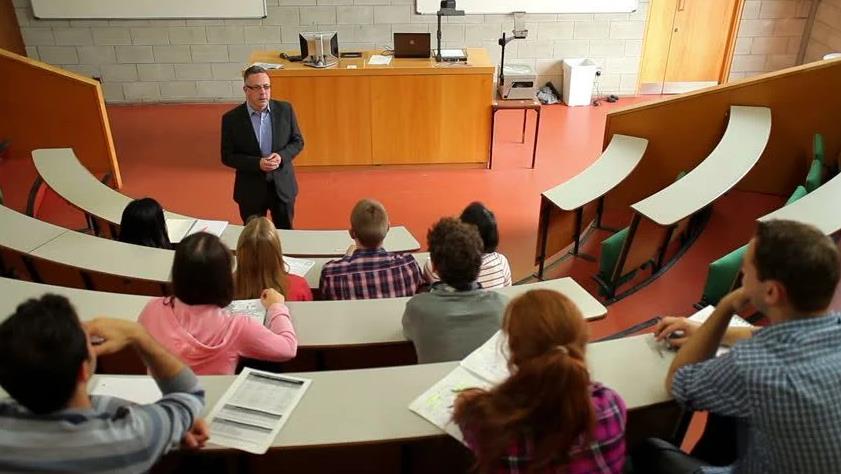Lecturers in public universities in Malaysia are overworked and underpaid, and they are calling on the government to address their problems before they leave for the private sector or abroad. This is the message of the National Professors Council (NPC), which represents more than 30,000 lecturers in 20 public universities in the country.
According to NPC governance, law, and management cluster head Prof Dr Nik Ahmad Kamal Nik Mahmood, lecturers face heavy workloads, including preparing lecture notes, quizzes and student assessments, supervising undergraduates, master’s and doctoral students, conducting research, securing grants, consulting and preparing assessments each semester.

“In addition, we have to prepare research proposals for grants from various agencies, carry out scientific studies for journals, attend seminars, conferences and meetings as well as perform administrative work,” he said.
Lecturers are poorly compensated and acknowledged
For all this work, lecturers are poorly compensated salary-wise and receive little acknowledgement. NPC said that lecturers earn slightly above or less than RM80,000 ($18,800) each year working 30-40 hours or more a week. This does not include additional hours spent on their own research projects undertaken to attain doctoral degrees that are often necessary to land more financially secure faculty positions.
“We are overworked and underpaid, and the government must look into our problems now, before lecturers in public universities leave for the private sector or add to the brain drain by going abroad,” Nik Ahmad said.
He added that the cost of living in Malaysia has been steadily rising, and NPC has demanded pay that compensates for this reality and for the work that lecturers already do. NPC is asking for a RM130,000 ($30,600) base salary, a reasonable demand considering how much of the university’s teaching and research currently falls on lecturers, many of whom can no longer count on tenure-track careers post-graduation.
“Despite having numerous issues, the majority of lecturers remain dedicated to their duties. We deserve to be recognised with appropriate rewards and regular salary reviews, which are long overdue,” he said.
Lecturers struggle with unreasonable KPIs and stress
Nik Ahmad also pointed out that academic workload often compels lecturers to extend their work hours beyond the designated weekly limit. “This encompasses teaching, research, student supervision and other responsibilities. All these demands leave lecturers overwhelmed, and it has reached a critical stage that early retirement has become an attractive option for many educators within the public university system.”
He said that “unreasonable KPIs” negatively impacted the ability of lecturers to excel in their multifaceted roles. “This has also prevented many from taking advantage of opportunities provided by the government such as attending courses or workshops.”
Higher Education Ministry’s data for 2022 reveals that 1,868 professors and 5,115 associate professors were appointed in public universities and 30,380 lecturers and academic staff were working in 20 public universities in 2021.
NPC said that while teaching is a fundamental part of the workload, lecturers are expected to engage in research, secure grants, conduct consultancy work and actively participate in various university and community activities.
Lecturers in private institutions face similar challenges
The situation of lecturers in public universities is not unique. According to the National Association of Private Educational Institutions (NAPEI), academic staff in private institutions are also grappling with workload challenges, especially in programmes such as media, arts and design.
NAPEI secretary-general Dr Teh Choon Jin said that lecturers in private institutions have to cope with the demands of the industry and the expectations of the students, who are paying high fees for their education.
“Lecturers in private institutions have to be more creative and innovative in their teaching methods, and they also have to update their knowledge and skills constantly to keep up with the changing trends and technologies,” he said.
He added that lecturers in private institutions also face the pressure of meeting the accreditation standards of the Malaysian Qualifications Agency (MQA) and the quality assurance requirements of the ministry.
“Lecturers in private institutions are also underpaid compared to their counterparts in public universities, and they have less job security and benefits,” he said.
He urged the government to provide more support and incentives for lecturers in both public and private institutions, as they are the backbone of the higher education system in the country.
“Lecturers are the ones who produce the human capital and the talent pool for the nation’s development and progress. They should be treated with respect and dignity, and they should be rewarded accordingly,” he said.
